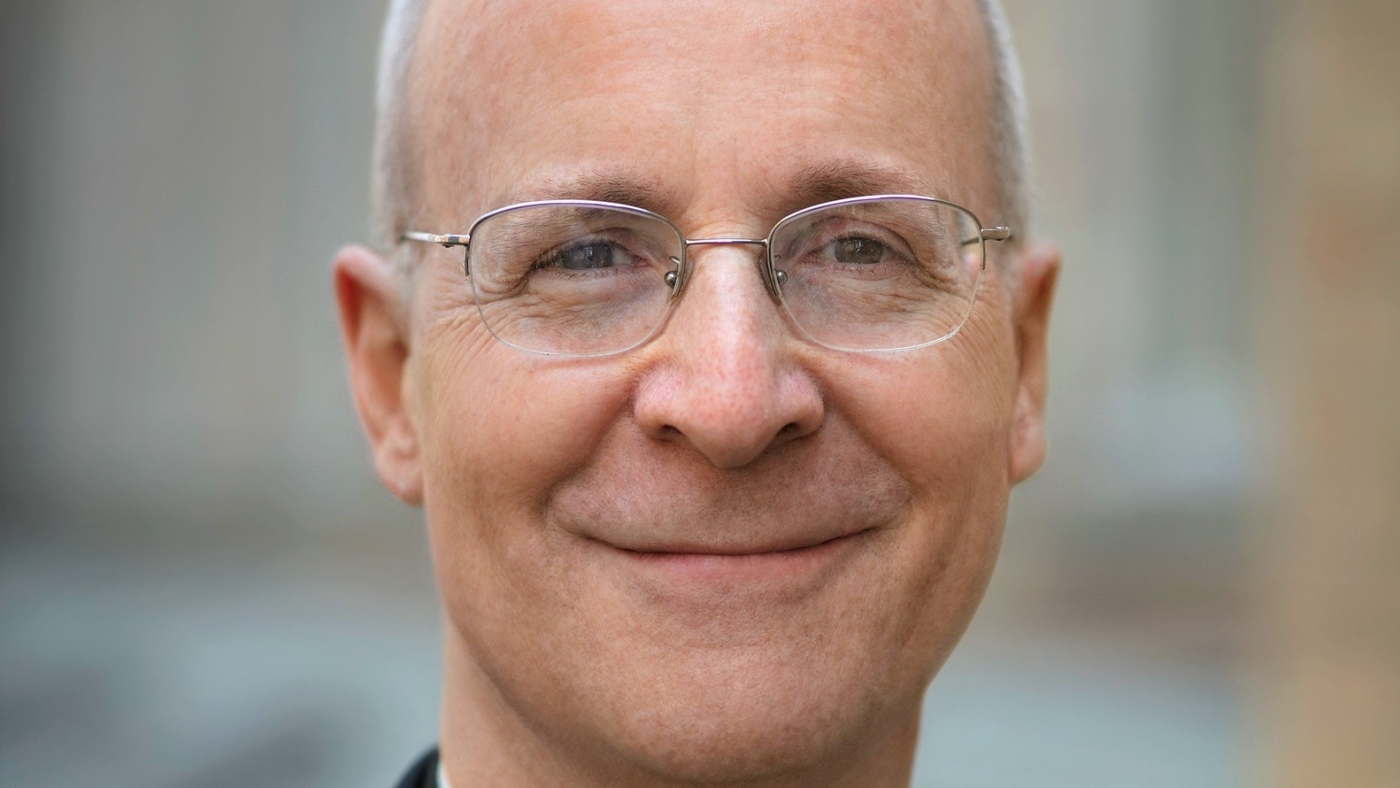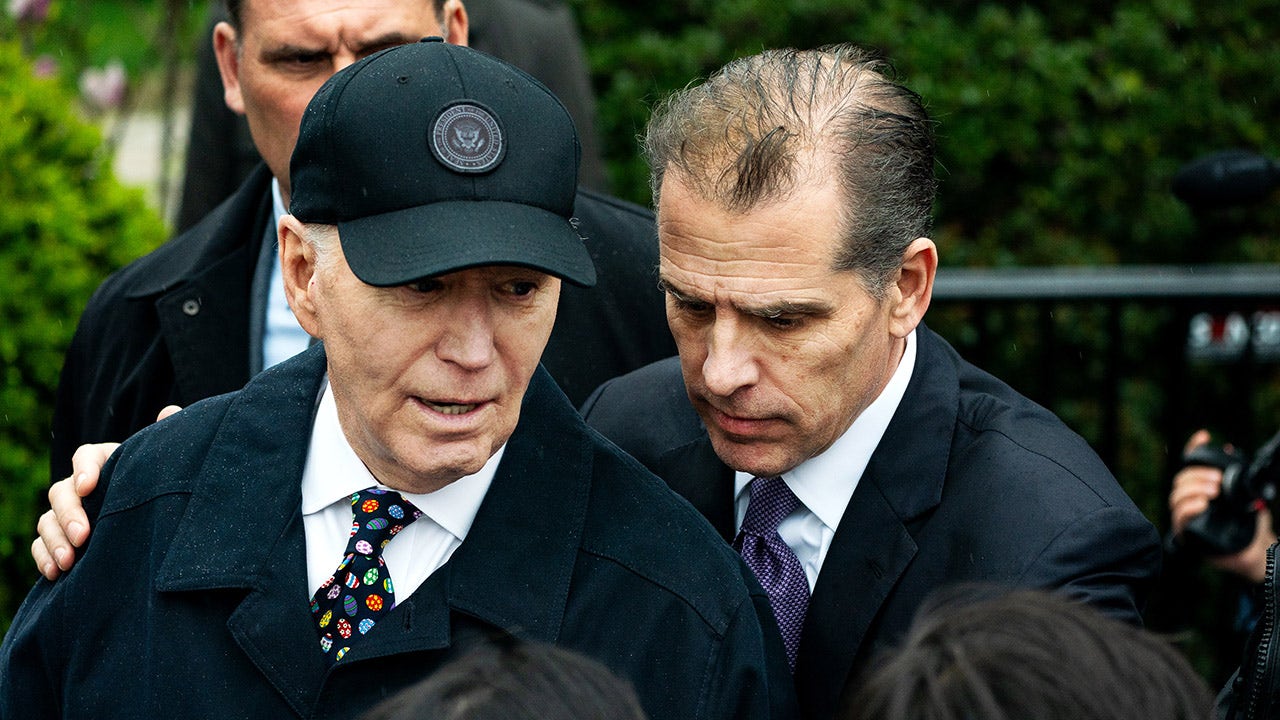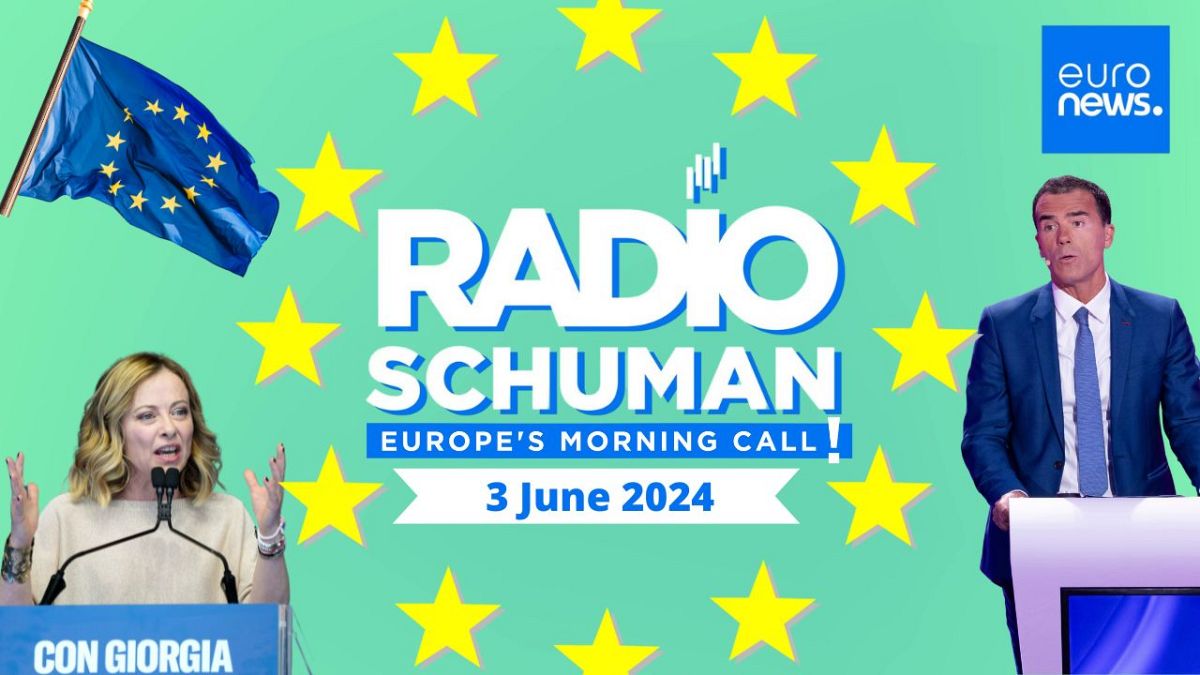Education
What the Debt Ceiling Deal Means for Student Loan Payments

For millions of Americans with federal student loan debt, the payment holiday is about to end.
Legislation to raise the debt ceiling and cut spending includes a provision that would require borrowers to begin repaying their loans again by the end of the summer after a yearslong pause imposed during the coronavirus pandemic.
President Biden had already warned that the pause would end around the same time, but the legislation, if it passes in the coming days, would prevent him from issuing another last-minute extension, as he has already done several times.
The end of the pause would affect millions of Americans who have taken out federal student loans to pay for college. Across the United States, 45 million people owe $1.6 trillion for such loans — more than Americans owe for any kind of consumer debt other than mortgages.
The economic impact of the pandemic has faded since President Donald J. Trump first paused student loan payments in March 2020. Many Americans lost their jobs at the outset of the public health crisis, undercutting their ability to repay their loans on time. The number of jobs in the United States now exceeds prepandemic levels.
Promoting the debt ceiling legislation over the weekend, Speaker Kevin McCarthy said on “Fox News Sunday” that it would end the pause on student loan payments “within 60 days of this being signed.”
In fact, the legislation would follow the same timeline that the Biden administration had previously outlined, ending the pause on payments on Aug. 30 at the latest.
A spokesman for Mr. McCarthy did not respond to an email seeking comment.
Even with the pause ending, some borrowers may still see some relief if the Supreme Court allows Mr. Biden to move forward with a plan to forgive up to $20,000 in debt for some people with outstanding balances.
Mr. Biden’s plan would cancel $10,000 of federal student loan debt for those who make under $125,000 a year. People who received Pell grants for low-income families could qualify for an additional $10,000 in debt cancellation.
But the plan was challenged in court as an illegal use of executive authority, and during oral arguments in February, several justices appeared skeptical of the program. A ruling from the court could come at any time but is expected next month.
White House officials have said repeatedly that they are confident in the legality of the president’s plan. But the debate about the plan, and the broader issue of student loans, has been fierce in Congress.
Republicans have vowed to block the president’s plan if the courts do not. But they have so far failed to make good on that promise, despite repeated attempts.
Last month, House Republicans passed a bill to raise the debt ceiling that would have blocked the student debt cancellation plan and ended the temporary pause on payments. That bill was shelved after negotiations began with the White House on the debt ceiling and spending cuts.
Last week, the House passed a resolution that would use the Congressional Review Act to overturn the president’s debt cancellation plan. But the Senate has not taken up the measure, and Mr. Biden has said he would veto it.
Instead, the compromise debt ceiling legislation now under consideration by lawmakers only requires ending the pause on payments — a move that the president had already said he would make. It would not block the debt cancellation plan.
In addition, White House officials said the legislation would not deny the Biden administration the ability to pause student loan payments during a future emergency, as Republicans had sought to do.
A spokesman for the White House said the president was pleased that Republicans had failed to block his debt cancellation plan in the debt ceiling legislation.
“House Republicans weren’t able to take away a single penny of relief for the 40 million eligible borrowers, most of whom make less than $75,000 a year,” the spokesman, Abdullah Hasan, said. “The administration announced back in November that the current student loan payment pause would end this summer — this agreement makes no changes to that plan.”

Education
Video: ‘It Didn’t Have to Happen This Way:’ U.Va. Faculty Call for Review of Police Response to Protests

Protesters: “Disclose! Divest!” In student-led protests around the country, university faculty have stood in support of demonstrators, risking arrest. “He is a professor. He is a professor.” At the University of Virginia, The Times got an inside look at faculty’s role. “I can take you through the blow by blow of the day if you want.” And how their negotiations with police broke down at a crucial moment. “Why is he —” “Back up.” “In a wanton fashion, they allowed the Virginia State Police to come here fully armed, rifles, mace. One of my colleagues was standing right there trying to talk to the Virginia State Police. He got arrested. The other one standing next to him got pushed back behind the line, and he got partially maced. It didn’t have to happen this way.” The night before police raided a pro-Palestinian encampment, a few University of Virginia professors tried to deescalate the standoff and recorded their conversation with the university police chief, Tim Longo. The Times agreed to blur the faces of faculty who had concerns about their job security. Protesters had refused to engage with the university. So a handful of professors stepped in to be intermediaries. This, at times, frustrated administrators who told The Times the process required a leap of faith. “We basically took shifts, two-hour shifts being here. We had these yellow armbands that we wore to distinguish that we were faculty liaison. And our job really was just to communicate between the administration, the police and the students.” Hours later, Professors Walter Heinecke and Mark Sicoli, who documented the incident on his phone, approached the police chief again, stating confusion about what the campus policy actually states for use of smaller recreational tents. Within half an hour, before professors and police could come to an agreement about the tent policy, Chief Longo called the Virginia State Police. Troopers soon arrived with pepper spray and M4 assault rifles to help dismantle the encampment. In all, a few dozen protesters in about 20 tents. “Shame on you. Shame on you.” University officials say they warned protesters for days that they were in violation of school policy. Twenty-seven people were arrested, including at least one professor, who declined to speak with us for this story. “He is a professor. This is a professor.” “We were in front of the camp students. And then in front of us were faculty. And then the Virginia State Police were here and moved in. I was hit with a riot shield, which is when I got this bruise. They pepper-sprayed me. I was detained for about 10 minutes, if I had to guess. And then eventually, they just, like, cut off my zip ties.” The heavy police response raised alarm across campus. And now, several faculty members, including Heinecke, want to hold the university accountable for what they say was a violent clampdown on free speech, protesting Israel’s war in Gaza. “I’ve just got to show you one thing where they get around on —” “If they would have just said, you know, let’s negotiate, let’s leave the tents up for a couple more days and we’ll negotiate this out. It’s not like you’re robbing a bank or anything. You put a couple of tents on. Why couldn’t we have just done this a different way because the stakes were so low?” The university president and campus police chief did not respond to requests for comment. “And then I’ll turn to Chief Longo.” But in a virtual town hall on May 7, university police and administration defended their actions, citing unidentified outside agitators as a primary concern. “The police were met with physical confrontation and attempted assault, and didn’t feel equipped to engage given the situation. That’s when the decision was made to call on the state police.” “We have a duty to fight for Palestine.” “We have a —” “I was afraid that myself and the assistant chief would be surrounded, and that we would be put in a position to have to defend ourselves. It was clear to me by word and action, this was escalating.” “Free, free Palestine.” “In front of the historic rotunda.” In response, Heinecke and several other faculty members held their own town hall to try to show that the police action was unwarranted. Then on May 10, the U.V.A. faculty senate held a hearing with President Ryan to discuss the university response to protests. “I, for one, am thankful for him that he prevented us to get into a situation, which would be similar to a Columbia.” While there was support, most of the speakers were critical. “My heart broke because of what took place.” “To the condemnable call of the Virginia State Police in full gear, and the use of excessive force to terrorize our students in their own backyard.” “If all of you decide I’m not the right leader, that’s your choice.” In a vote, faculty called for an independent review of his and Chief Longo’s decisions on May 4, but stopped short of condemning the police action outright. “All right. Once again, I need people who are just here for court.” On the same day across town, supporters of protesters facing trespassing charges gathered in solidarity at the courthouse. “It’s first hearing for everybody who was charged with trespass, which includes our two students.” On May 15, many of those arrested at the protest encampment had their charges dismissed by the public prosecutor. A U.V.A. spokesman told The Times that the university has not yet agreed to an independent review of its decision to call in state police.
Education
Video: Hundreds of Harvard Students Walk Out at Commencement

new video loaded: Hundreds of Harvard Students Walk Out at Commencement
transcript
transcript
Hundreds of Harvard Students Walk Out at Commencement
The students were protesting Harvard University’s decision to bar 13 seniors from the ceremony in the wake of campus demonstrations over the war in Gaza.
-
Crowd: “Let them walk. Let them walk, let them walk.”
Recent episodes in Israel-Hamas War
Education
Video: Protesters Scuffle With Police During Pomona College Commencement

new video loaded: Protesters Scuffle With Police During Pomona College Commencement
transcript
transcript
Protesters Scuffle With Police During Pomona College Commencement
Pro-Palestinian demonstrators tried to block access to Pomona College’s graduation ceremony on Sunday.
-
[chanting in call and response] Not another nickel, not another dime. No more money for Israel’s crime. Resistance is justified when people are occupied.
Recent episodes in U.S.
-

 World1 week ago
World1 week agoFamilies of Uvalde school shooting victims sue Microsoft, Meta and gunmaker
-
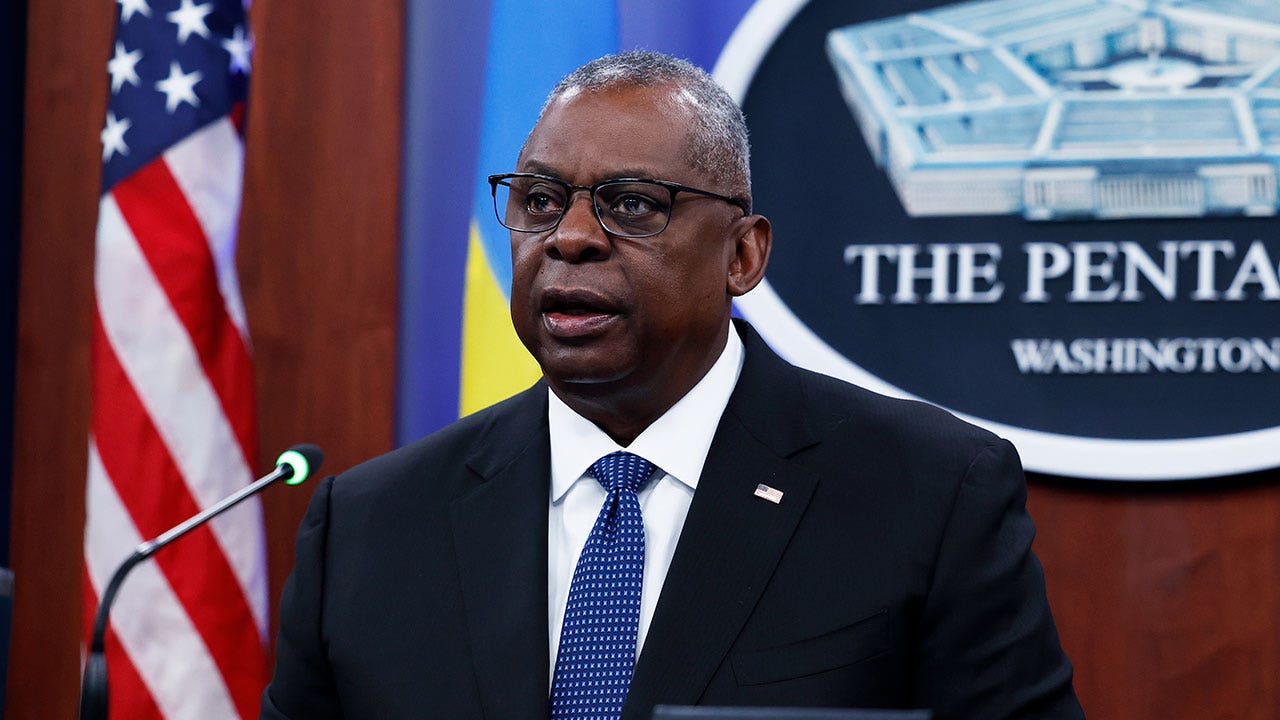
 Politics1 week ago
Politics1 week agoDefense Secretary Lloyd Austin to undergo nonsurgical procedure, Deputy Kathleen Hicks will assume control
-

 News1 week ago
News1 week agoHere are three possible outcomes in the Trump hush money trial : Consider This from NPR
-

 News1 week ago
News1 week agoPrimate remains on the loose in South Carolina | CNN
-
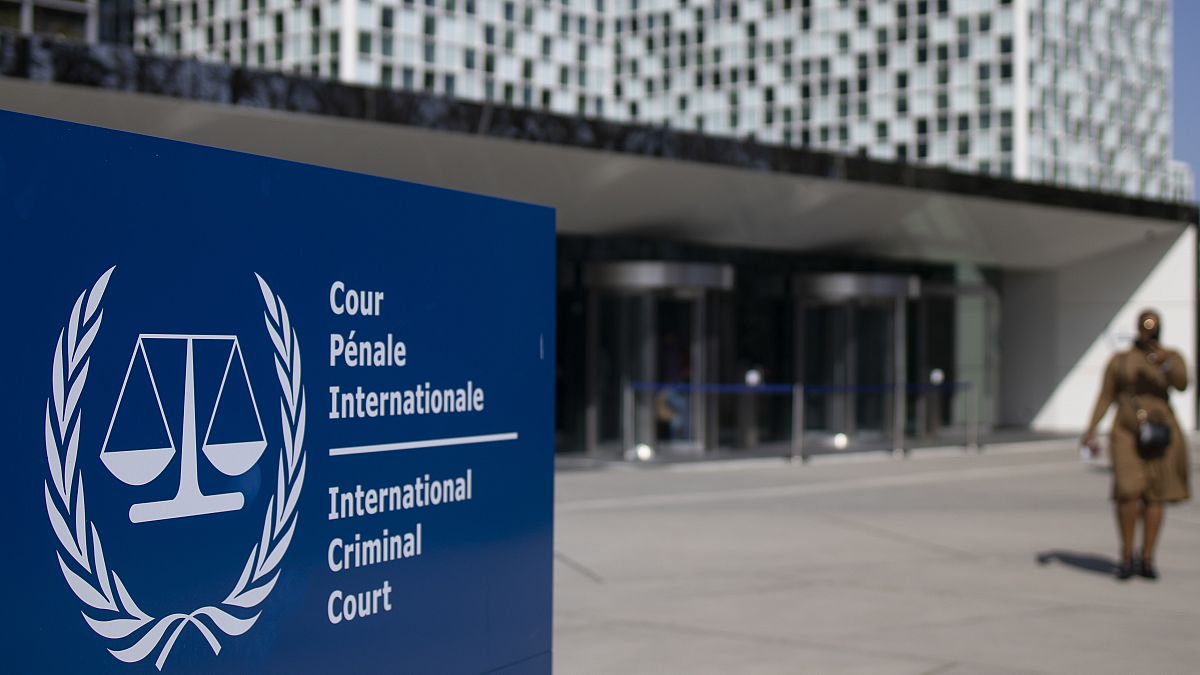
 World1 week ago
World1 week agoState of the Union: Europe's divisions over the Middle East
-
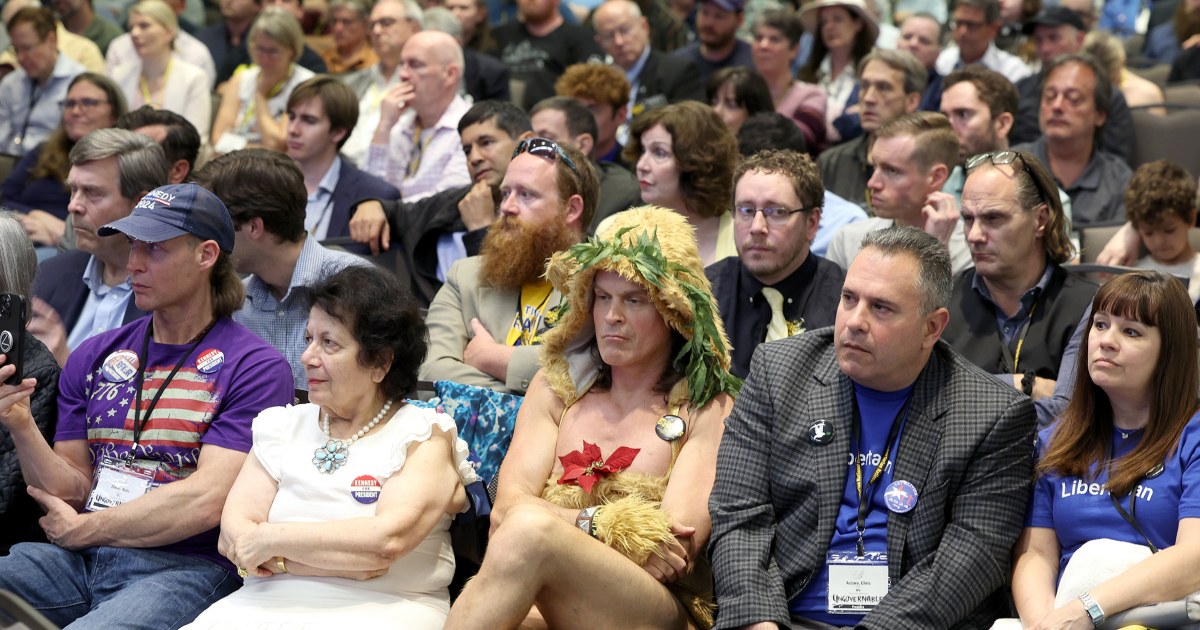
 News1 week ago
News1 week agoBoos and anti-Trump chants at Libertarian convention where former president is set to speak
-

 Movie Reviews1 week ago
Movie Reviews1 week ago'Bhaiyya Ji' movie review: Bajpayee’s 100th film fails to deliver
-
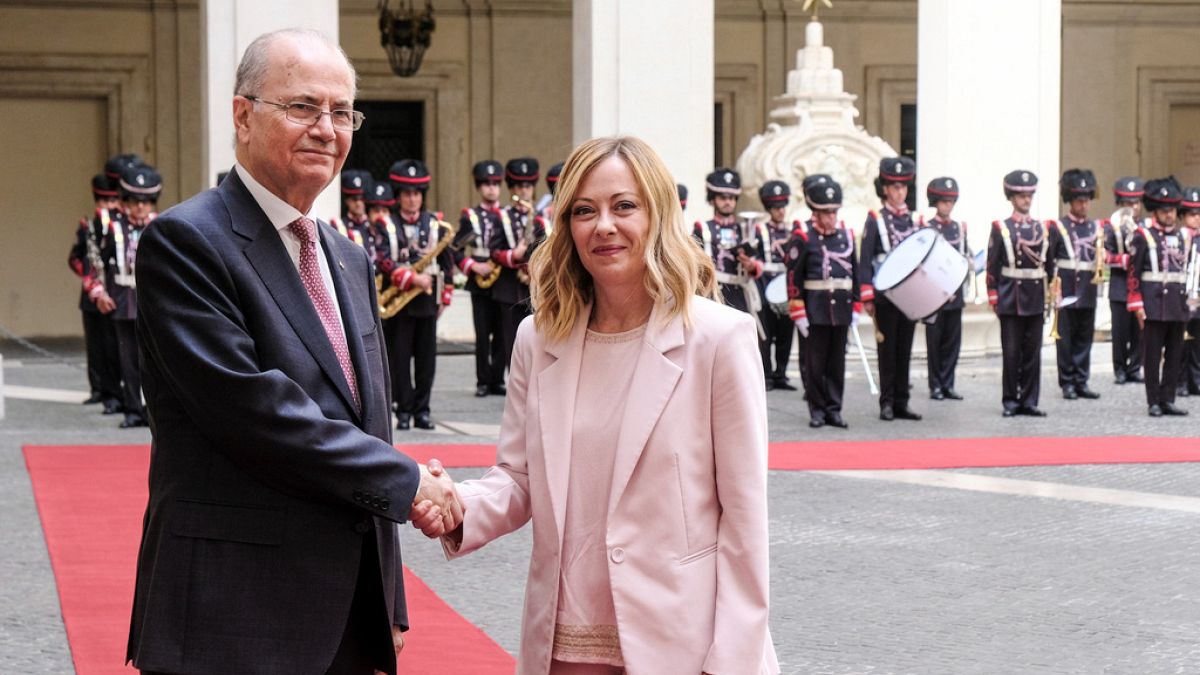
 World1 week ago
World1 week agoItaly pledges millions to support Palestinians at Rome meeting

